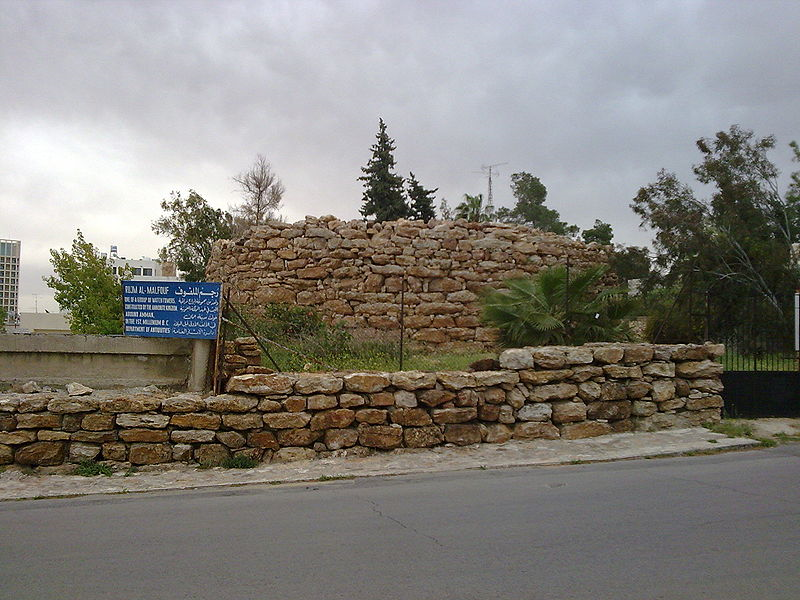11 Aug. Solomon is born and David captures Rabbah
“Then David comforted Bathsheba his wife. He slept with her and had sexual relations with her. She became pregnant again and had another son, whom David named Solomon.”
“The LORD loved Solomon. The LORD sent word through Nathan the prophet to name the baby Jedidiah, because the LORD loved the child.”
“Joab fought against Rabbah, a royal city of the Ammonites, and he was about to capture it. Joab sent messengers to David and said, ‘I have fought against Rabbah and have captured its water supply. Now bring the other soldiers together and attack this city. Capture it before I capture it myself and call it by my name!’”
“So David gathered all the army and went to Rabbah and fought against it and captured it. David took the crown off their king’s head and had it placed on his own head. That gold crown weighed about 35 kilogrammes, and it had valuable gems in it. And David took many valuable things from the city.”
“He also brought out the people of the city and forced them to work with saws, iron picks and axes. He also made them build with bricks. David did this to all the Ammonite cities. Then David and all his army returned to Jerusalem.”
(2 Samuel 12:24-31)

Today’s passage brings us to the peak of David’s military achievements, and prepares us for the transition to a future king of Israel.
After the death of his son conceived with Bathsheba while she was still the wife of Uriah the Hittite, David mourned the child for several days (see 2 Samuel 12:18-23). Then he consoled Bathsheba, who was now one of his wives, and conceived another child with her. This child was to become the next king – but not before many other tribulations had come to pass.
The child was named Solomon by David, and this is the name by which he has been known throughout history. But we’re also told that the LORD had a particular fondness for this child, and through Nathan the prophet gave him another name – Jedidiah – meaning ‘loved by the LORD’.
The war against the Ammonites had been raging for several years since the death of king Nahash and the rebellion against the overlordship of Israel organised by his son Hanun (see 2 Samuel 10:1-19). The resulting siege of Rabbah had been the opportunity for David’s affair with Bathsheba, as her husband Uriah was one of David’s commanders involved in the siege.
Two or three years later, Rabbah was again under siege. A siege inevitably lasted for many months as the intention was to starve the inhabitants into submission or, as in this case, to force them to die of thirst by capturing the water supply – which often meant a spring situated outside the city walls.
As the city was about to fall, David’s general, Joab, sent for his master so he could be the one who entered the city triumphantly and humiliated his enemy who had dared to stand against him.
The overthrow of the Ammonites represented the pinnacle of David’s achievements, and we are given a brief picture of his outstanding military success in this passage before we move on to the less successful later years of David’s reign, and the disputed succession which led to a civil war before Solomon eventually became king some years later.
The photo (by Ldud) shows an Ammonite watch tower in Amman (Rabbah).
You can read more about Rabbah @ https://www.thebiblejourney.org/biblejourney2/30-israel-becomes-a-kingdom-under-saul-and-david/davids-affair-with-bathsheba/
